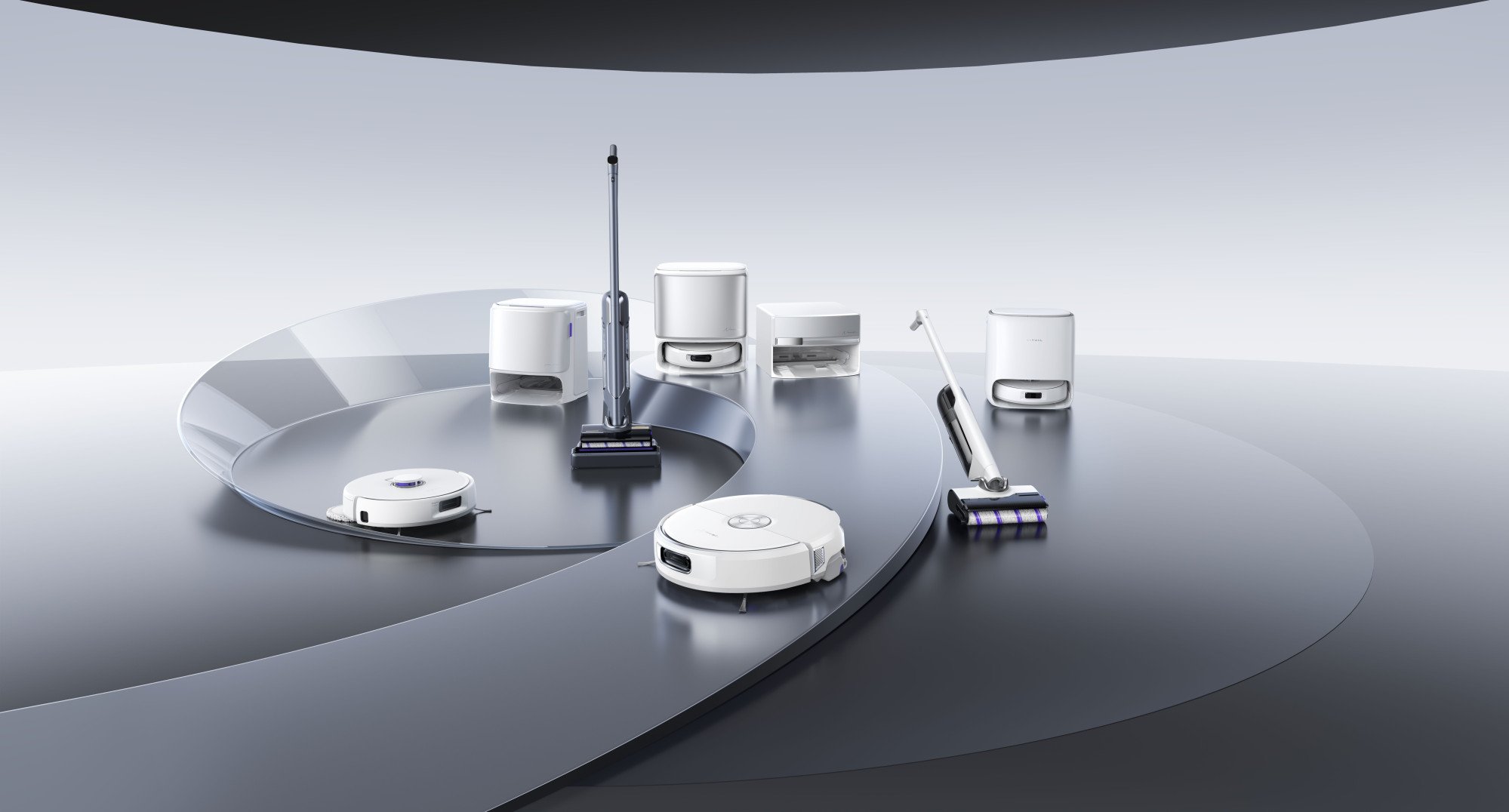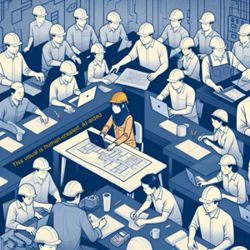
Narwal, known for its robot vacuums and mops, will use the funding to develop an AI-powered household product. — SCMP
Chinese household robot brand Narwal Robotics announced on Monday it had secured US$100mil (RM441.24mil) in a new funding round led by Tencent Holdings and the state-backed Beijing Robot Industry Development Investment Fund.
Based in Shenzhen, Guangdong province, Narwal is known for its robot vacuums and mops. The company plans to use the funding primarily to develop its first “embodied-intelligence product for households”, expected to launch in two years, according to a statement.
The new product will feature a mobile chassis equipped with one or more robotic arms, allowing it to clean areas above the floor. It will also include storage.
Founder and CEO Zhang Junbin said that current robot cleaners were akin to iPods, while the coming product could herald an “iPhone moment” with its implementation of “three-dimensional spatial recognition and autonomous decision-making”.

Founded in 2016 in nearby Dongguan, Narwal reported a 130% revenue growth last year. Its overseas markets, spanning over 50 countries including the US, saw nearly 700% revenue growth, the company said. It did not disclose sales figures.
Despite the unpredictable global trade environment, exacerbated by US tariffs, Narwal plans to expand into more than 70 new markets, projecting at least three-fold growth in its overall overseas business this year.
The company said it would be heading into a pre-initial public offering funding round next. Notable investors in previous rounds included ByteDance, the parent company of TikTok, and Source Code Capital.
UBTech Robotics, also backed by Tencent, made its listing debut in Hong Kong in December 2023.
Since 2021, Narwal has been researching embodied intelligence, a form of artificial intelligence where the cognitive processes are integrated within a physical body.
Its “double eye” vision recognition technology, which uses two front-facing cameras to mimic human eyesight, was first applied in the Xiaoyao 001 series launched last year. It enables the robots to select cleaning strategies and obstacle avoidance modes based on different types of dirt and obstacles.
Service robots, used for non-manufacturing tasks such as cleaning and delivery, have become a rapidly growing sector. This year, for the first time, China’s statistics bureau disclosed the monthly output of service robots, which surged 35.7% to nearly 1.5 million units in the first two months, outpacing industrial robots in both growth and output.
In 2023, sales of commercial service robots in China totalled 53,000 units, with cleaning robots accounting for 13.5% of that figure, making them the third-largest category, according to data from market research firm IDC. – South China Morning Post









































